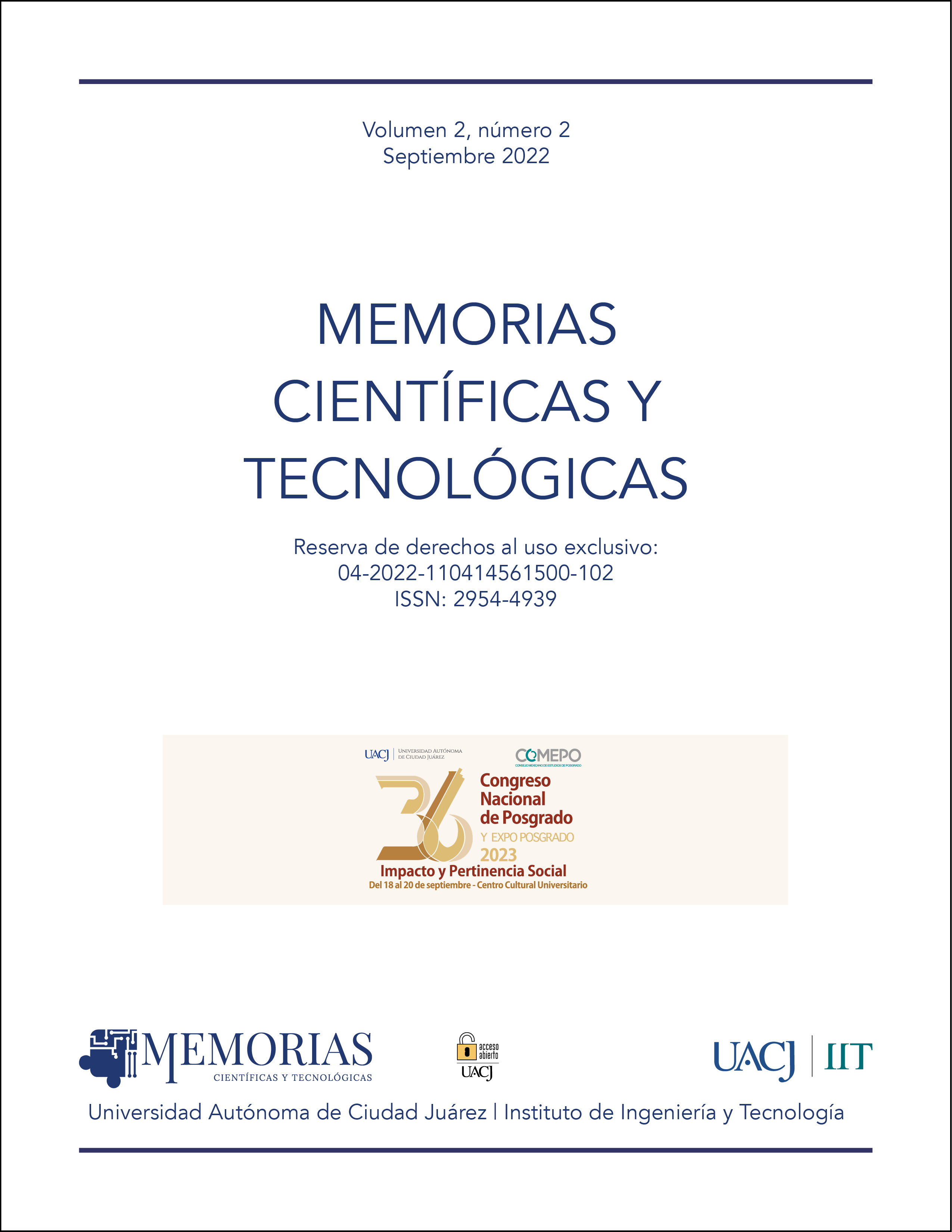Propuesta de generación de un índice de pertinencia social de los estudios avanzados de la UAEMéx
Palabras clave:
pertinencia social, propuesta metodológica, estudios avanzados, análisis factorial exploratorio, índice de pertinencia socialResumen
Due to current social problems, it is important to rethink the role played by universities and, particularly, the advanced study programs (PEA) due to their direct relationship with research and the generation of useful proposals in each context. For the purposes of this document, advanced studies include Doctorates, Masters and Specialties. During the last decades, the concept of Social Relevance (PS) gained great relevance due to the link it promoted between universities and society. Because social problems transcend the economic field, in recent times it has once again become an object of analysis for its application under a comprehensive scheme. Under this logic, the Autonomous University of the State of Mexico (UAEMéx) contemplates within its Governing Plan and Institutional Development (PRDI 2021-2025, p. 257) “generating an index of social relevance of advanced studies”, a goal that is aligned with the institutional changes and official documents published by the Ministry of Public Education (SEP) such as the National Policy for Evaluation and Accreditation of Higher Education (PNAES). For this reason, the objective of this research is to design a social relevance evaluation instrument for the PEA of the UAEMéx based on the 7 transversal criteria established by the SEP, as well as to propose a methodology for the analysis of the information and the construction of a PS index. For this purpose, workshops, meetings and interviews were held in which key postgraduate actors from the same institution participated. Likewise, a diagnosis was carried out on the perception of PS through the application of 91 questionnaires among PEA coordinators of a total of 110 programs, in which proposals for indicators were requested based on specific knowledge of their fields of study and its academic praxis. As a result, an instrument for evaluating PS for advanced studies was generated, composed of 31 quantitative and 59 qualitative indicators that will be operationalized on numerical, dichotomous and ordinal scales according to their structure. In addition, the necessary evidence is considered to prove its compliance and the time frame in which each process must progress. Likewise, as a result of consultations with experts, a methodology was determined for the construction of a PS index that is made up of seven phases: i) collection of information and architecture of the database, ii) obtaining percentages for each guiding criterion, iii) reliability of scales (estimating Cronbach’s alpha coefficient), iv) construct validity through an Exploratory Factor Analysis (EFA), v) construction and stratification of an index of social relevance in the PEA using a method of variance minimization, vi) characterization of the strata, and vii) preparation and presentation of the final report. In this way, the PS evaluation instrument for the PEA is generated from the active participation of the main actors of the university community, and whose analysis will allow it to have construct validity and clarity in its interpretation.



